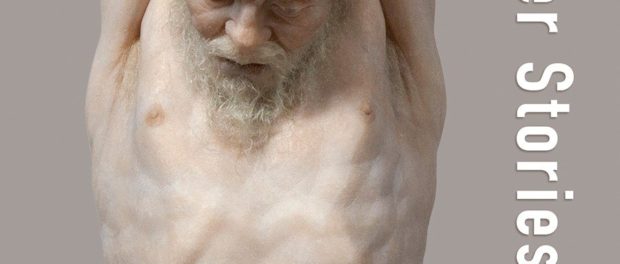Book review: Mankind & Other Stories of Women
Short fiction is a difficult genre to write in. Short stories are not as widely read as other long fiction and given our world run by instant gratification, unless a short story provides that zing at the end, there is a huge risk of it falling flat. Having incessantly indulged in the classics, including my favorite shorts from the 18th-19th century, I tend to be less impressed by these modern trends. Marianne Ackerman (novelist, playwright, and journalist) is out with her new collection of ten stories and I was happy that a few of them stayed with me and spoke to my philosophical tastes.
Mankind and Other Stories of Women is a collection of mostly thoughtful tales about people, oftentimes rooted in strong female characters and a diverse repertoire of their emotions. As a writer Ackerman doesn’t just explore narratives of different characters, in some instances she tends to place us at the center of her characters’ turmoil, as they unravel around us. Set mostly in Montreal, these stories have a few recurrent themes and primarily dabble in discussions of childhood, coming of age, broken promises and romantic disappointments. Relationships and the fallible nature of the human condition is the overall theme. The stories also left me thinking, that no matter who or where we are, our craving to love and be loved is tied to our flawed existence.
In Rashmi, the protagonist finds comfort in a stranger named Rashmi and heals in the warmth of her cultural and emotional joy, that she brings with her from South Asia. The Mina, George and Lenore triangle in Mina spoke to how modern relationships are pushing boundaries, yet hesitant and still bound by their conditioned past. In Sage, there is a final acceptance that the loss of a passionate relationship may not be easily filled by a stable and organized one, yet all types of relationships can bring different forms of joy. Marlene and Amanda explore the tribulations of sibling relationships and other family meanderings. My favorite one was Lena; the story of a blind woman and her dog Gustav and her poetic navigation of life and the loss of a loved one.
The other stories are also lively and emotionally connecting. I especially liked the simplicity of Ackerman’s writing and that she found female characters as both the titles of her stories and their protagonists, all barring the one titled Mankind. A drunken night of neighbors partying, a stranger shows up at your apartment inebriated. From grilled cheese for the stranger to ending up spending the night with them, Mankind spoke about the innate nature of a human being when watched in silence.
Mankind & Other Stories of Women is available directly from the publisher.






